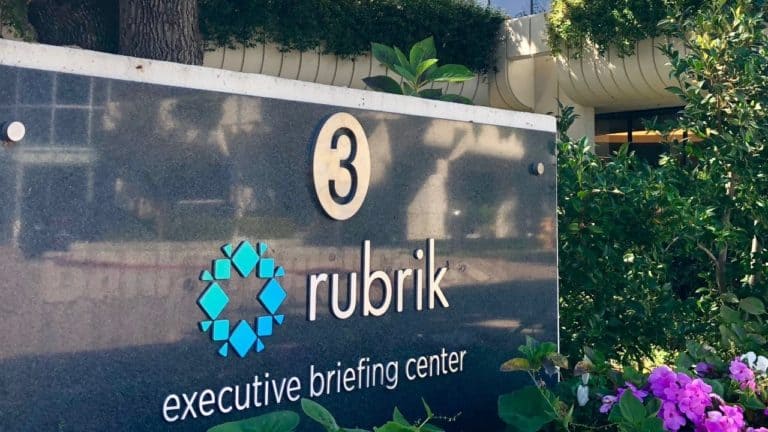Rubrik has expanded its services and capabilities to help customers get more value out of their data. For example, it has added new tools to the Andes 5.1 release, which is now available as a beta version.
Rubrik has provided Andes 5.1 with tools for data governance, disaster recovery orchestration and continuous data protection, reports ZDNet. One such tool is Polaris Sonar, which uses machine learning to automatically find, classify and report sensitive data in an enterprise environment. In this way, the risk of data leaks and compliance fines should be reduced.
Sonar has received good reactions in the beta, says Rubrik. The American city of Sioux Falls in the state of South Dakota is already using the service, eliminating the management of spreadsheets and manual scripting. As a result, the city was able to reduce operational costs by more than 90 percent.
Sonar has also been built in such a way that it retrieves data that is relevant to comply with the Health Insurance Portability and Accountability Act, the Payment Card Industry standards and the GDPR in Europe. Users can also make their own analyses to search for information that is important to them.
AppFlows
Also new is Polaris AppFlows, which enables disaster recovery orchestration and testing. In addition, it allows users to migrate applications from data centers to AWS.
Enterprises can use this tool to convert snapshots of virtual machines into EC2 instances on an Amazon Virtual Private Cloud. Although backup and disaster recovery are separate segments, according to Rubrik there is a lot of “synergy” between the two.
Finally, the new version of Andes 5.1 includes continuous data protection for Rubrik Cloud Data Management and the Rubrik Polaris SaaS platform. Other improvements include automated cloud-native protection of large-scale AWS and Azure deployments via Polaris GPS and Smart Data Tiering for Azure. This makes it possible to automatically move data from hot storage to cold storage.
This news article was automatically translated from Dutch to give Techzine.eu a head start. All news articles after September 1, 2019 are written in native English and NOT translated. All our background stories are written in native English as well. For more information read our launch article.